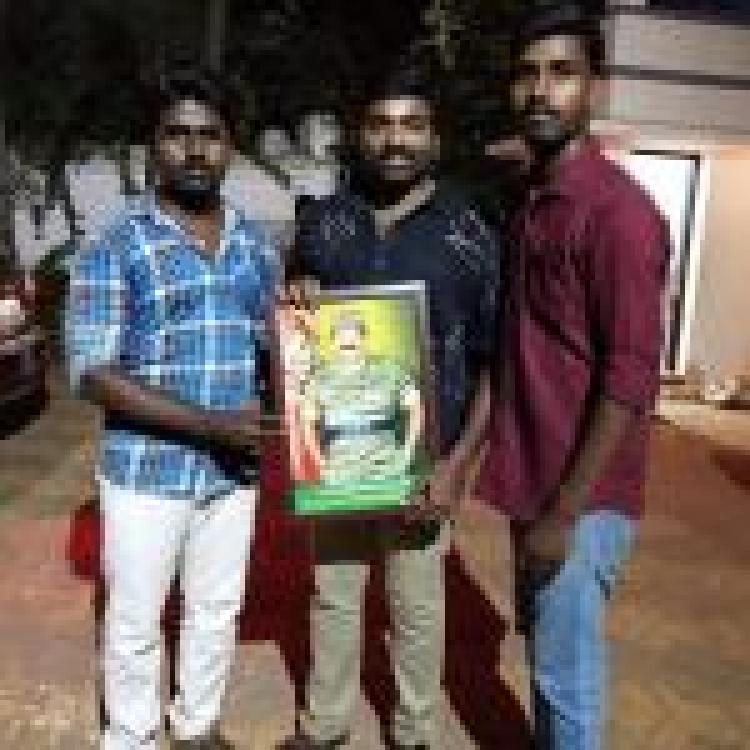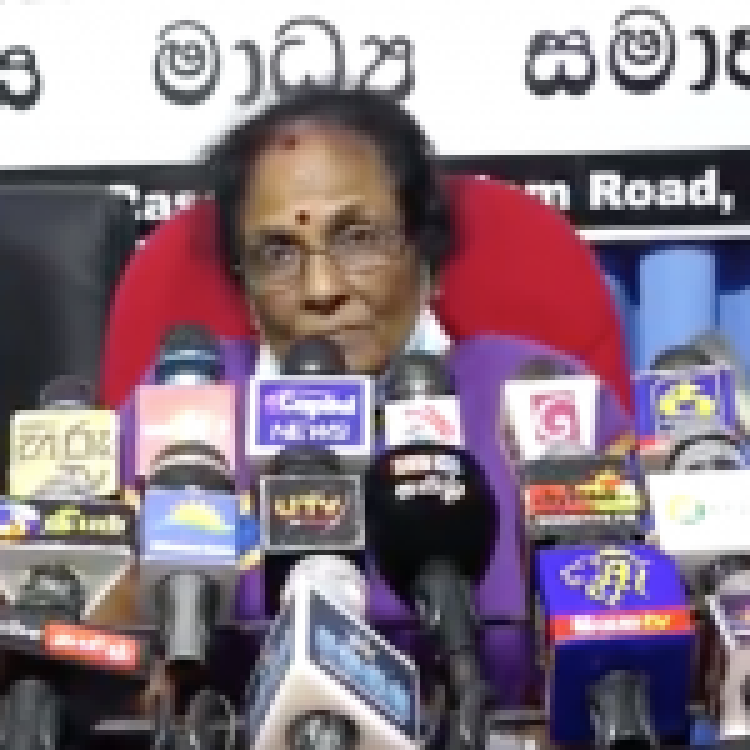Sri Lanka’s Tamils are rarely given a fair hearing on the world stage. But on the occasions when their voices do gain some momentum, there will always be some among them who use their privilege and status to dismiss and deride their concerns. From denying the racism and oppression rife within Sri Lanka, to undermining the decades-long struggle of the families of the disappeared, no one has been more willing to do that than Muttiah Muralitharan.
Writing on the Muralitharan biopic controversy in online Indian magazine The Wire, Tamil Guardian co-editor Abinaya Nathan outlines how appeals for freedom of expression are rarely extended to Tamils in the North-East.
The defences mounted of Muralitharan feature multiple riffs on the same line to acknowledge his past problematic statements, but only to deny the real harm that they have caused to victims of the crimes that he downplayed. With appeals to separate the man from his politics, his defenders have constructed an image of a naïve sportsman who has strayed unwittingly into political questioning and fumbled the answers. This couldn’t be further from the truth. He has enthusiastically played PR for the Rajapaksas at crucial junctures, and even actively electioneered for a rabid Sinhala chauvinist politician against a Tamil politician in Colombo.
The anger is not that Muralitharan failed to speak up for victims, as has been wrongly stated throughout this saga, but rather that he spoke up to smear those victims and derail their campaigns for justice. While many refer to the admiration Muralitharan enjoyed amongst Tamils pre-2009, they fail to make the logical leap that his later, conscious decisions have shattered that goodwill for many. This is especially perverse in mentions of Muralitharan’s philanthropy towards Tamils in the north.
The appeal to look beyond his political actions and concentrate on his charity are no different to the idea that Tamils should see past the atrocities committed by the Rajapaksas and admire them for laying roads in the north, or that they should ignore the sinister militarisation of the northeast and thank the army for its involvement in civilian life. These narratives always betray a deeply racist condescension towards Sri Lankan Tamils as an infantile population, the grateful recipients of charity from their magnanimous former enemies, devoid of political aspirations or dignity.








